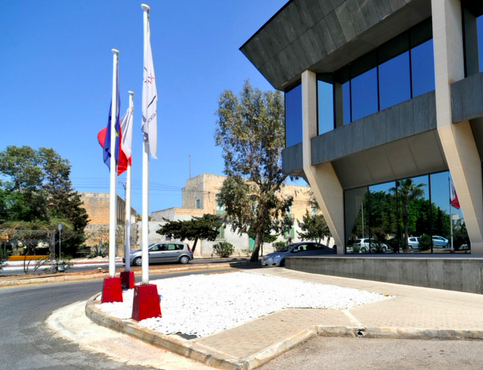The International Monetary Fund (IMF) has advised Malta to continue addressing deficiencies identified in the framework linked to fighting anti-money laundering and combating the financing of terrorism (AML/CFT) in order to mitigate financial integrity risks in the country.
In the conclusion of its Article IV consultation report on Malta, the IMF said that in light of the coronavirus outbreak and despite the fact that the Maltese economy has continued to outperform European peers, boosted employment and promoted social inclusion, the economic risks are looking “undoubtedly skewed to the downside”. The extent will depend on how long normal economic activity is subject to disruptions.
Taking this into consideration, the report said that mitigating financial integrity risks by continuing to address deficiencies identified in the frameworks for AML and CFT is Malta’s “medium-term challenge”.
“The focus should be on improving and demonstrating the effectiveness of the AML/CFT regime,” the IMF said.
The report highlighted the need to continue to strengthen both the understanding of risks, as well as the monitoring of banks and other high risk sectors and programmes such as remoting gaming, the virtual financial assets (VFA) sector and the cash for passport scheme (IIP).
In addition, AML and CFT enforcement actions should be enhanced, including through timely and adequate sanctions in case of breaches.
The IMF also noted the need to assure the independence of the financial supervisor – the Malta Financial Services Authority (MFSA).
“Despite commendable progress, the MFSA remains under strain due to the large number of financial institutions under supervision, the evolving regulatory environment, and challenges associated with new and complex products,” it said.
The report recommended the updating of the legal framework for bank insolvency and the introduction of an administrative regime for the orderly closure and liquidation of a failing bank, in order to avoid the delay of supervisory actions through judicial appeal.
Efforts should also focus on adopting general guidelines for project appraisal and selection, implementing cost-benefit analysis for major projects and addressing weaknesses in the public procurement system, it said.
“Pursuing structural reforms will help sustain Malta’s growth performance while promoting social inclusion,” it advised, adding that improving access to affordable housing remained a key priority.
The report concluded that in order to safeguard the business climate remaining governance shortcomings should be addressed “without delay”, including “by stepping up the fight against corruption and by increasing the efficiency of the judicial system while ensuring its independence”.












